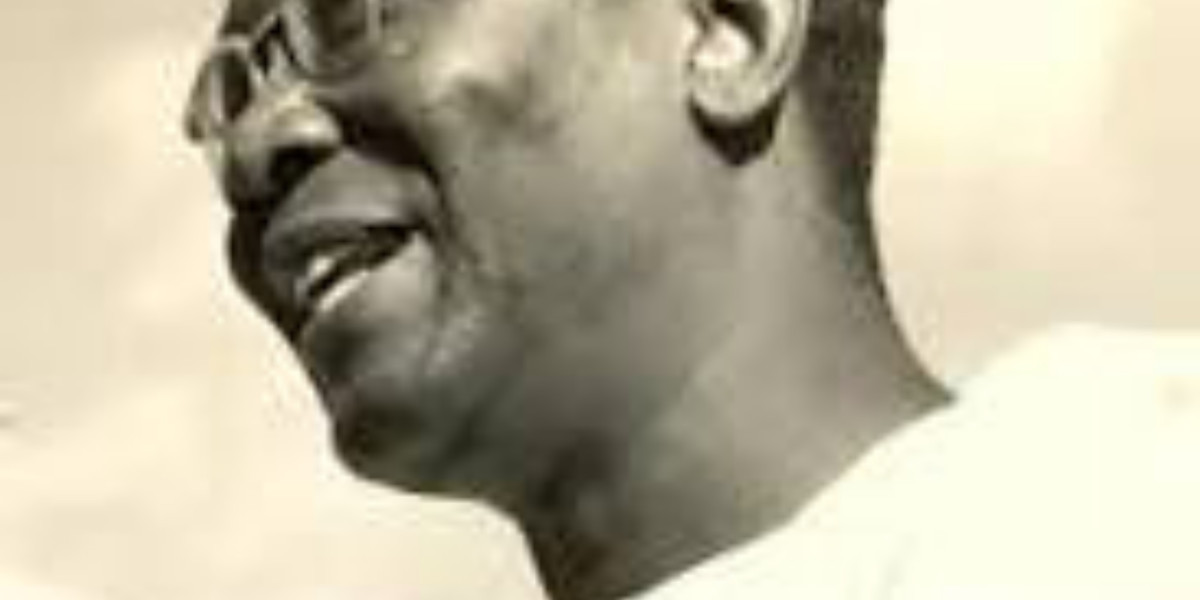Nnamdi Azikiwe, born Benjamin Nnamdi Azikiwe on November 16, 1904, in Zungeru, Northern Nigeria, was a towering figure in the country's struggle for independence and the subsequent political landscape.
His early education took place at various mission schools in Nigeria, including Hope Waddell Training Institute in Calabar.
In 1925, he traveled to the United States for further studies, attending Howard University in Washington, D.C., and later, Lincoln University in Pennsylvania.
During his time in the U.S., Azikiwe became deeply involved in journalism and activism. He worked for publications like the Baltimore Afro-American and undertook various jobs to support his education. Azikiwe's exposure to the ideas of Pan-Africanism and self-determination significantly influenced his worldview.
Returning to Nigeria in 1934, Azikiwe founded the African Morning Post and later the West African Pilot in 1937.
The West African Pilot played a crucial role in shaping public opinion against colonialism and promoting nationalist ideals.
Azikiwe used his writing to advocate for the rights and empowerment of Africans, earning him the nickname "Zik."
His political career began with his involvement in the Nigerian Youth Movement (NYM) in the 1940s.
However, disagreements within the NYM led Azikiwe to leave and co-found the National Council of Nigeria and the Cameroons (NCNC) in 1944.
The NCNC, under Azikiwe's leadership, became a significant force in Nigerian politics, especially in the Eastern Region.
Azikiwe's political ascent continued as he became the Premier of the Eastern Region in 1954, holding the position until 1959. He played a pivotal role in fostering unity among Nigeria's diverse ethnic groups.
When Nigeria gained independence in 1960, Azikiwe was appointed as the country's Governor-General, and in 1963, he became its first ceremonial President upon Nigeria's declaration of a republic.
Despite his symbolic role as President, the real executive power lay with Prime Minister Abubakar Tafawa Balewa. Azikiwe's presidency, however, symbolized the culmination of Nigeria's journey to self-rule.
Post-presidency, Azikiwe continued to contribute to Nigerian public life, serving as Nigeria's first ceremonial President until 1966.
He also took on roles such as Chancellor of the University of Lagos and later the University of Nsukka. Azikiwe passed away on May 11, 1996, leaving a lasting legacy as a visionary leader, journalist, and advocate for African independence and unity.









